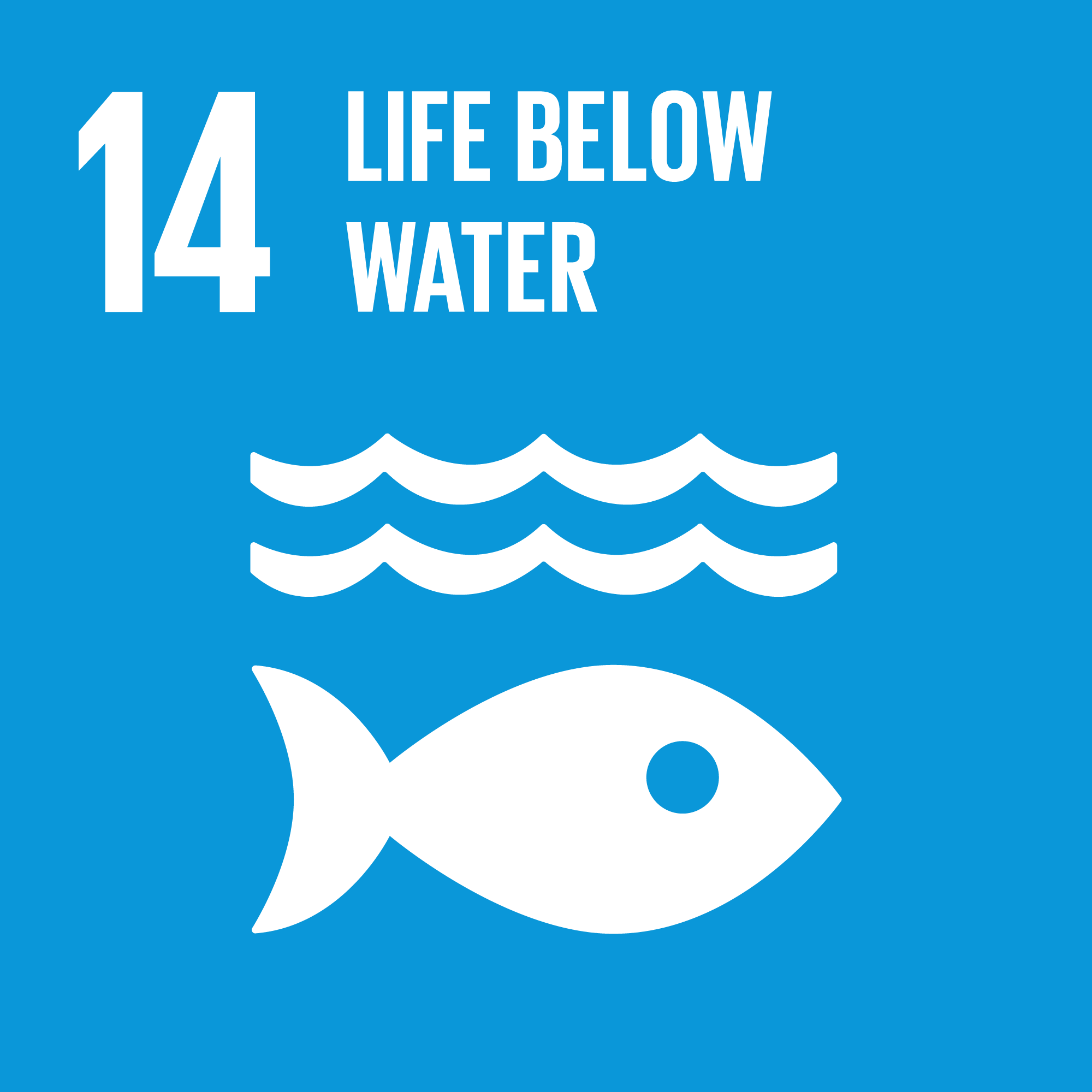Photos: iStock and Unsplash
Gender equality is a decision in fisheries and aquaculture
"Whoever decides over nature is a question of democracy – and thus also equality"
– Kilden, 2023
Equality means that all human beings have equal rights and opportunities to participate in society regardless of gender, functional ability, sexual orientation, age, ethnicity and religion. Here we focus on gender equality, meaning equal opportunities and conditions for women and men in terms of economic, political and social participation. Gender equality and women‘s rights are recurring topics in the UN`s sustainable development goals (SDGs). SDG 5 emphasises that gender equality includes the fair distribution of power, influence and resources between the genders.
Half of the world’s population are born women and half are born men. At all levels of governance and societies in the Nordic Region, there has been increased recognition of the value of diversity in leadership, access to decision-making, empowerment, equal pay etc. In the Nordic Region, the sea is important for numerous aspects of livelihoods, however varied they may be: as a source of work and income, source of cultural heritage, technology, ecosystems and resource extraction, for both women and men. Focusing on gender equality and representation in the blue natural resource economy is important in order to understand how equality is practised in societies in the Nordic Region. Our focus is on fisheries, aquaculture and maritime activities on sea and land, both as an occupation in the primary chain of operations and up through the hierarchy of various jobs directly linked to the maritime sector in a vertical perspective.
